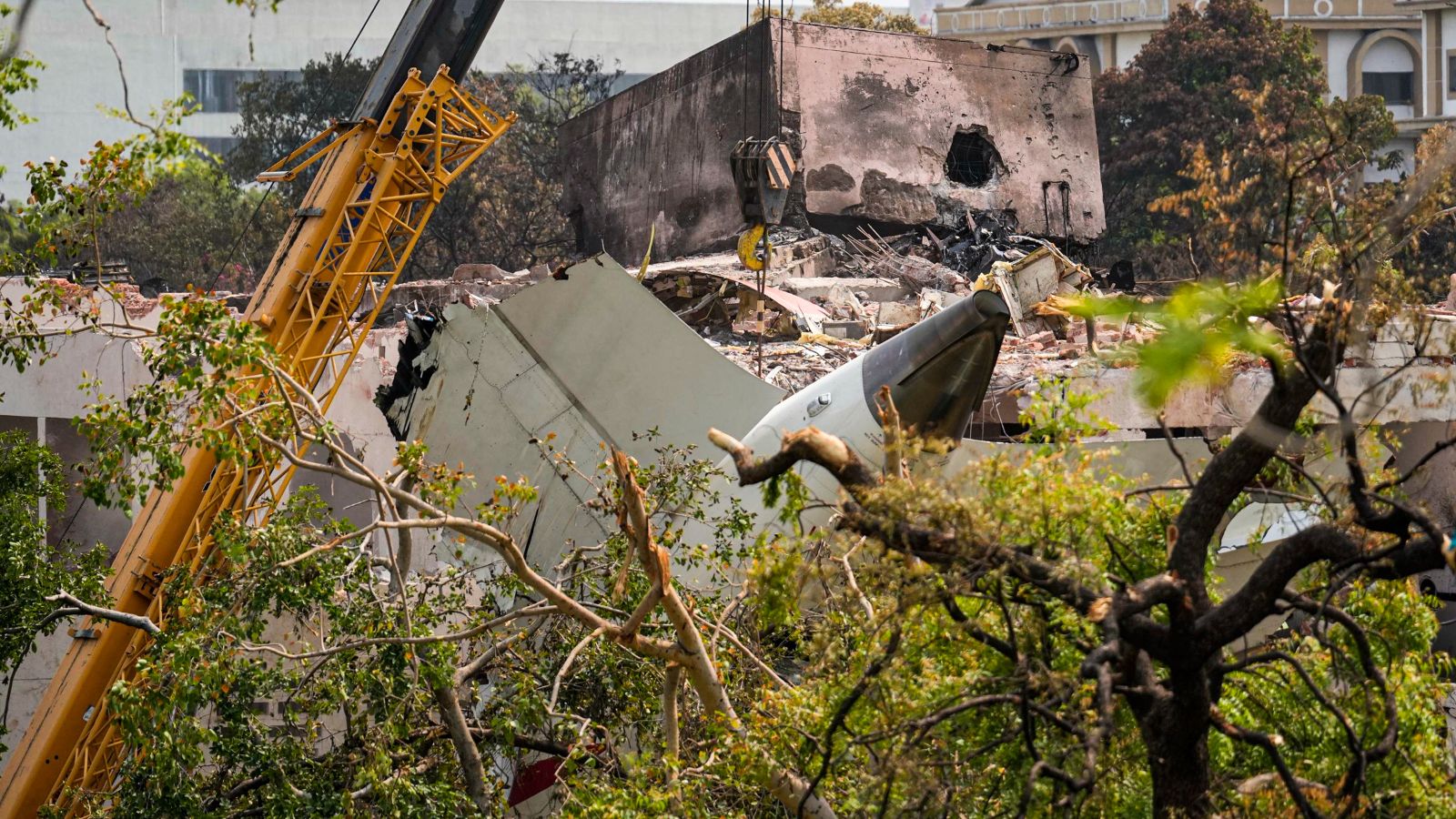India's Mental Health Crisis: Why Civil Society Efforts Aren't Enough - A Call for Government Action

India is facing a burgeoning mental health crisis, exacerbated by recent events and ongoing societal pressures. While the response from civil society – therapists, volunteers, and community groups – has been remarkable, with rapid deployment of pop-up support systems, it's becoming increasingly clear that these efforts, however vital, cannot be a sustainable or complete solution. The responsibility ultimately falls on the government to provide robust, long-term mental healthcare infrastructure and support.
The sheer scale of the problem demands a systemic approach. Reports consistently highlight rising rates of anxiety, depression, and other mental health conditions across various demographics. The stigma surrounding mental illness remains a significant barrier, preventing many from seeking help. The pandemic amplified these challenges, leaving a lasting impact on the nation's collective mental wellbeing. Furthermore, economic uncertainties, social inequalities, and pressures related to education and career prospects contribute significantly to the crisis.
Civil society organizations have demonstrated incredible agility and dedication. They’ve established helplines, organized awareness campaigns, and created safe spaces for individuals to share their experiences. These initiatives provide immediate relief and vital support, particularly in underserved areas where access to professional mental healthcare is limited. However, these are often short-term, reactive measures, struggling with limited resources and sustainability.
The Government's Crucial Role
The government has a fundamental obligation to address this crisis proactively. This requires:
- Increased Investment in Mental Healthcare Infrastructure: This includes expanding the availability of psychiatrists, psychologists, and counselors, particularly in rural and remote areas. Establishing more mental health clinics and integrating mental healthcare into primary healthcare settings is crucial.
- Policy and Legislation: Strengthening mental health laws to protect the rights of individuals with mental illness and ensure access to treatment. Addressing discrimination and stigma through public awareness campaigns is also essential.
- Training and Capacity Building: Investing in training programs for healthcare professionals to improve their ability to diagnose and treat mental health conditions. Equipping teachers, community workers, and law enforcement personnel with basic mental health literacy is also vital.
- Integration with Existing Social Welfare Programs: Linking mental health support with existing social welfare programs, such as those addressing poverty, unemployment, and gender-based violence, to provide holistic support.
- Data Collection and Research: Improving data collection on mental health prevalence and outcomes to inform policy decisions and track progress. Investing in research to better understand the unique challenges faced by different populations in India.
Relying solely on the goodwill and dedication of civil society is simply not a sustainable solution. While their contributions are invaluable, they cannot replace the need for a comprehensive, government-led response. A collaborative approach, where civil society organizations work in partnership with the government, is the most effective way to tackle India’s mental health crisis and ensure that everyone has access to the support they need.
The time for action is now. India's mental wellbeing is at stake, and a decisive, government-led response is urgently needed to build a healthier and more resilient nation.





